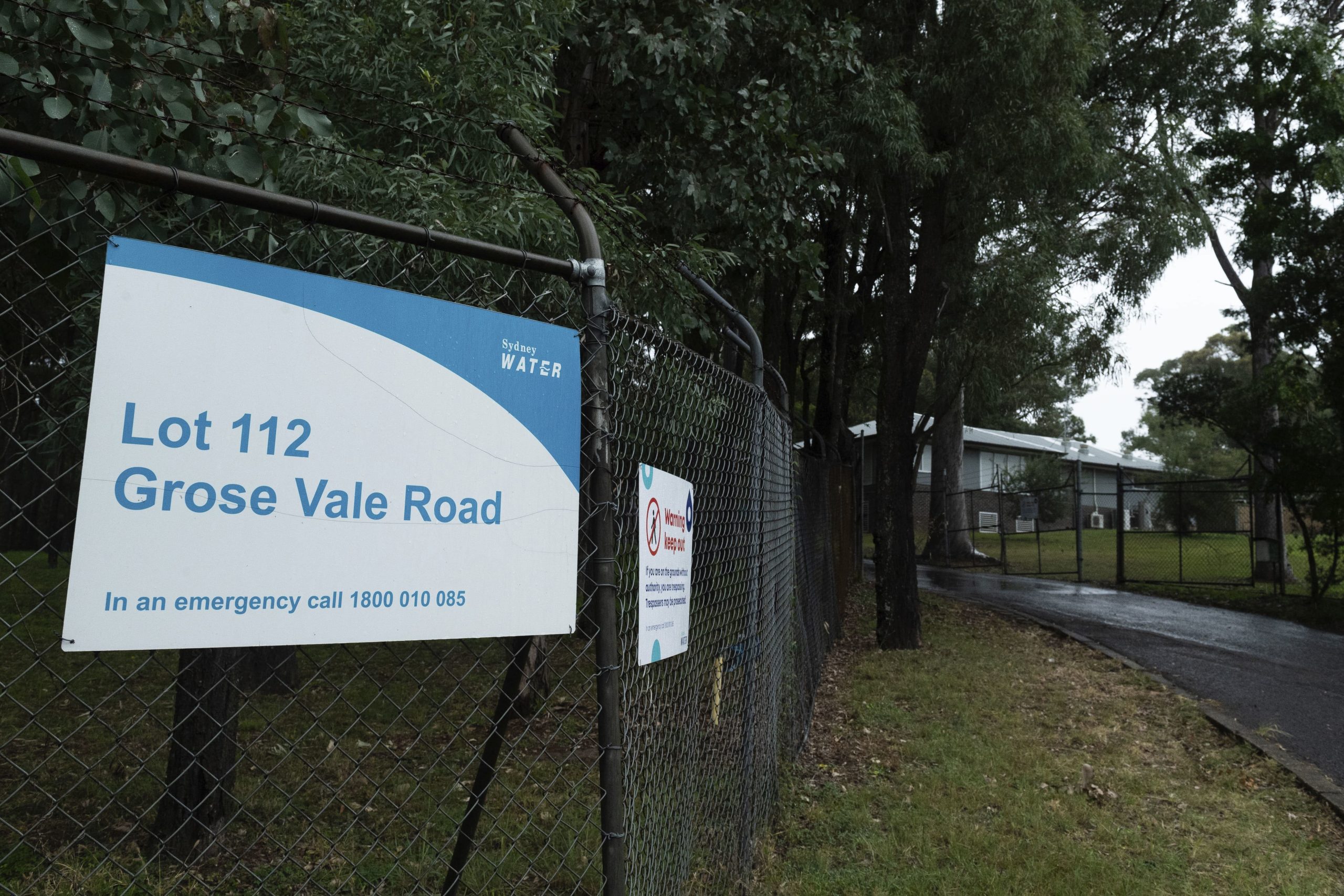Up to 21 new ‘forever chemicals’ have been found in Sydney’s tap water, new studies have revealed.
Forever chemicals – the colloquial name for polyfluoroalkyl substances (PFAS) – don’t break down naturally and can linger in the human body for decades if consumed.
A study by the University of NSW in 32 different sites in Sydney found PFOS – a specific type of forever chemical and a known carcinogen – at one site, and at others found a forever chemical that has never been seen in Australia before.
READ MORE: Man arrested after two bodies found in Melbourne home
Professor William Donald said the results revealed the level of PFOS at a site in North Richmond in Sydney’s north-west was within Australian standards, but did breach standards in other parts of the world including the United States.
“Sydney’s water meets current Australian standards, but when considering health benchmarks used in other countries, some samples were near or above safety limits,” he said.
“Detecting PFAS not previously reported in tap water highlights that our monitoring programs are now uncovering more of the chemicals present in our supply.”
Currently, the Department of Health states the current safe limit for PFOS is at eight parts per trillion (ppt), whilst in the United States, it is four ppt.
Some health impacts from exposure to PFAS include increased cholesterol, reduced kidney function and lower birth rates in babies.
READ MORE: ‘Dangerous mistake’: Israel hits out at Australia’s Palestine move

PFAS have been widely used in firefighting foams, non-stick cookware, waterproof materials, and industrial manufacturing.
Around the world, PFAS detections near airports, military bases, and landfills have triggered tightening regulations.
In a separate study released today, a NSW Health PFAS advisory panel finalised its report. It said “based on substantial research already undertaken, the health effects of PFAS appear to be small”.
It found there is currently “no clinical benefit for an individual to have a blood test for PFAS”, and also said levels of PFAS in communities within the state have not reached the required level for further studies or investigation.
DOWNLOAD THE 9NEWS APP: Stay across all the latest in breaking news, sport, politics and the weather via our news app and get notifications sent straight to your smartphone. Available on the Apple App Store and Google Play.